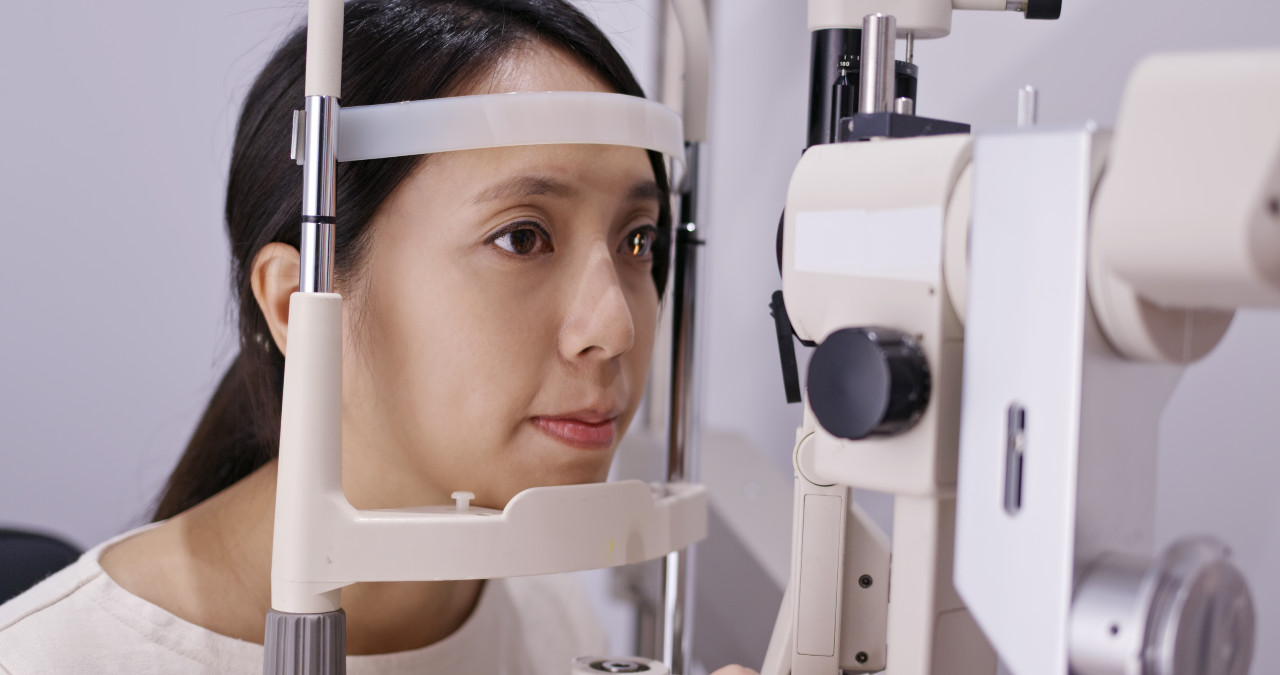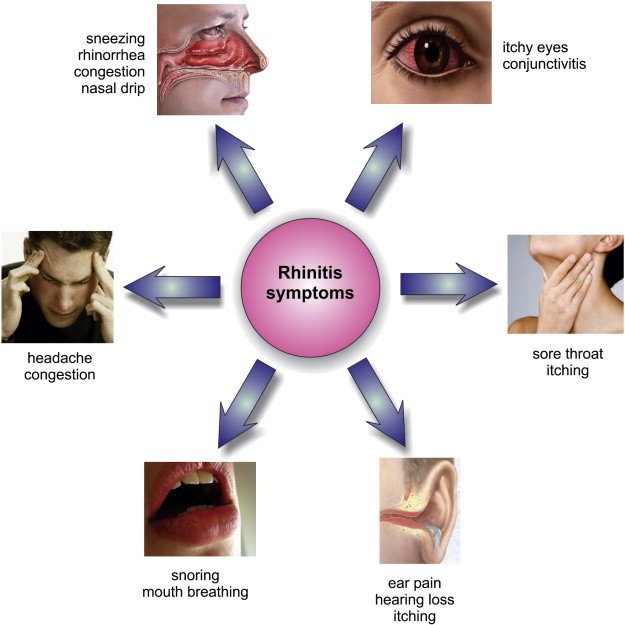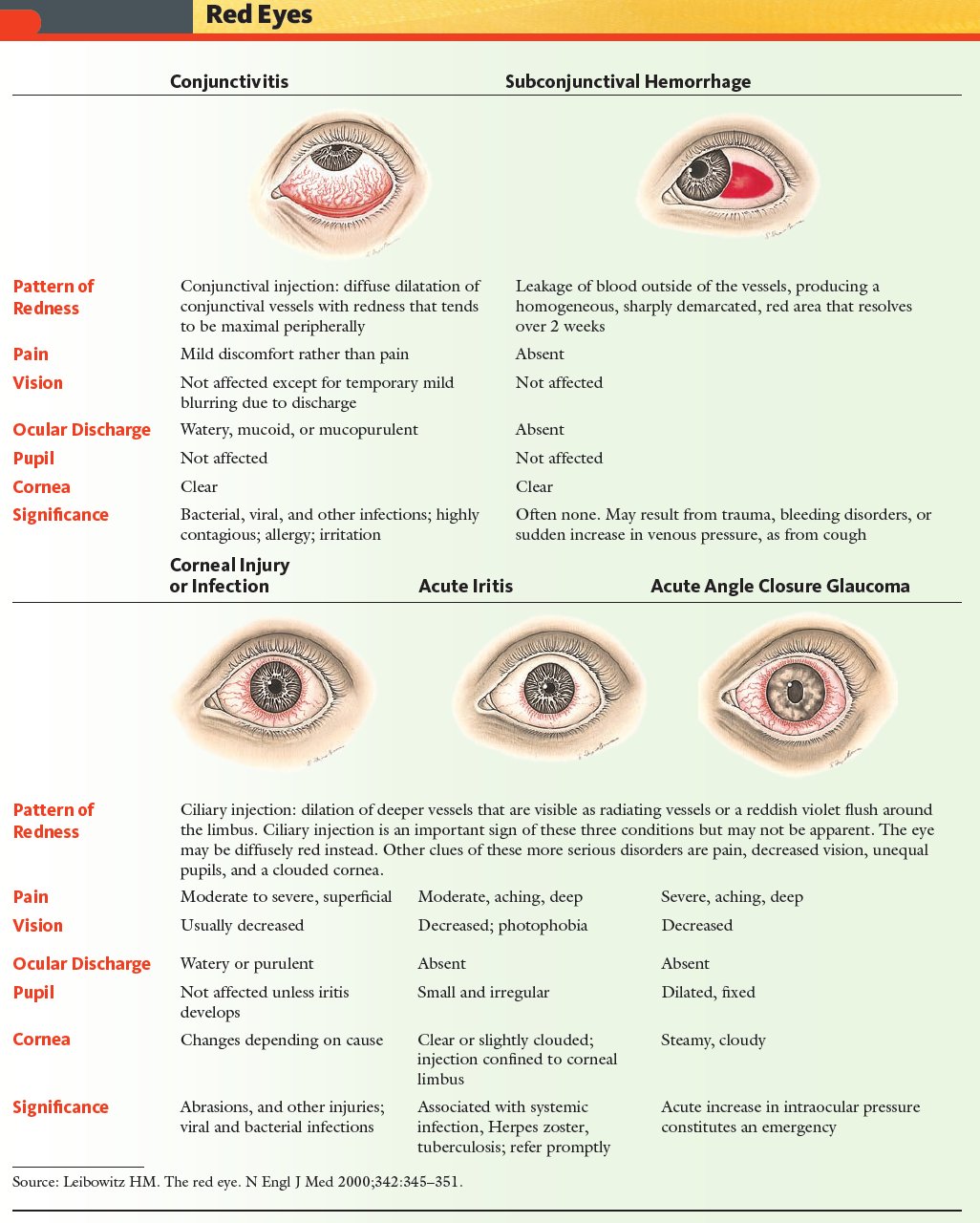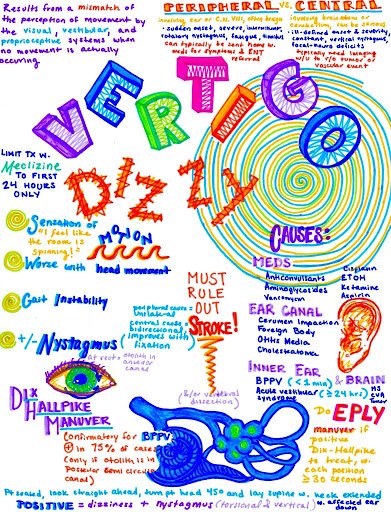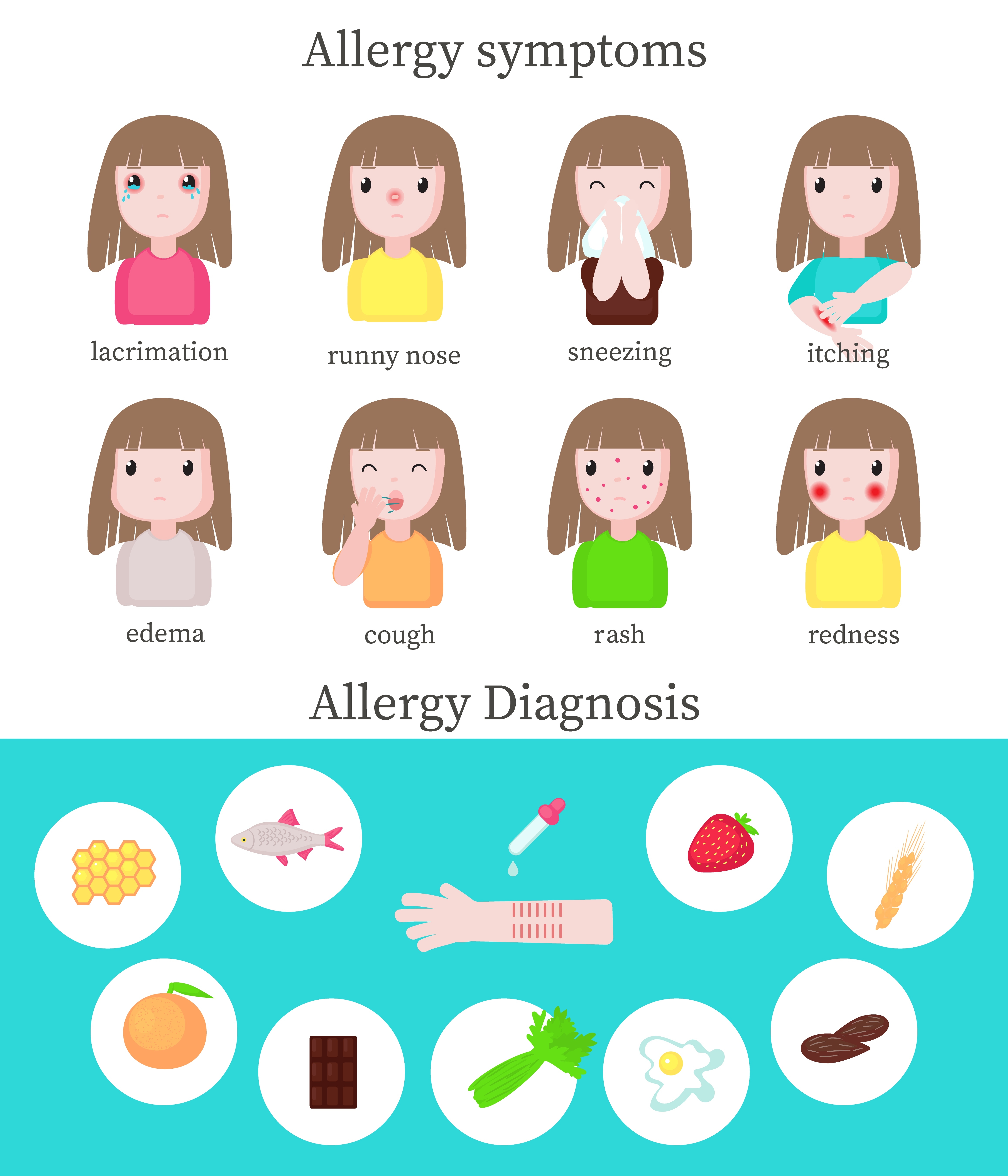Allergic rhinitis occurs when your immune system reacts to particles (allergens) in the air that you breathe by causing an allergic reaction such as sneezing, inflammation and a runny nose.
Causes of Allergic Rhinitis
There are two types of allergic rhinitis - seasonal and perennial.
Perennial allergic rhinitis, which can occur all year round, is usually triggered by indoor allergens, such as pet dander, dust mites, dust, mould and occasionally food allergy.
Seasonal allergic rhinitis is seasonal and is caused by outdoor allergens such as pollen from trees and plants. There may be a genetic or hereditary factor involved. If your parents have allergies,you might also have a predisposition to have allergies. The chance is higher if your mother has allergies.
A Comprehensive Allergy Test can be done at a medical clinic.
Comprehensive Allergies Test for up to 101 allergens:
* Food Allergy eg Seafood, Nuts, Eggs, Fish, Meat, Fruits, Seeds or Vegetables
* Dust/Mold Allergy
* Insect Sting Allergy
* Pet/Cockroach Allergy
* Eye or Skin Allergy
* Sinus Infection/Allergic Rhinitis
* Drug/Latex Allergy
Symptoms of Allergic Rhinitis
You may have symptoms only at certain times of the year if you are allergic to pollen. If you are allergic to indoor allergens or dust mites, you may have symptoms all the time.
Symptoms can be similar to that of the common cold but unlike a common cold, they continue over a longer period. Symptoms include:
• Continual sneezing, especially in the mornings
• Runny nose and postnasal drip
• Watery and itchy eyes
• Blocked stuffy nose
• Ears, nose and throat that are itchy
People with allergies usually have symptoms for many years. Some conditions such as asthma and eczema can also be associated with allergic rhinitis. There may also be other problems such as sinusitis and ear infections as a result of your allergies.
Ear, Nose & Throat Problems
Recognising symptoms of Anaphylaxis (Severe Allergic Reaction)
- Itching, swelling of lips
- Itching, tightness, stridor (high-pitched, wheezing sound caused by disrupted airflow), hoarseness
- Itching, hives, redness and swelling
- Rapid breathing, cough, wheeze
- Giddiness, weak pulse, pale, clammy, loss of consciousness
Seek immediate medical attention. Call 995 for emergency ambulance. Ensure that the person is lying down in a safe location, keeping airway patent and maintaining breathing.
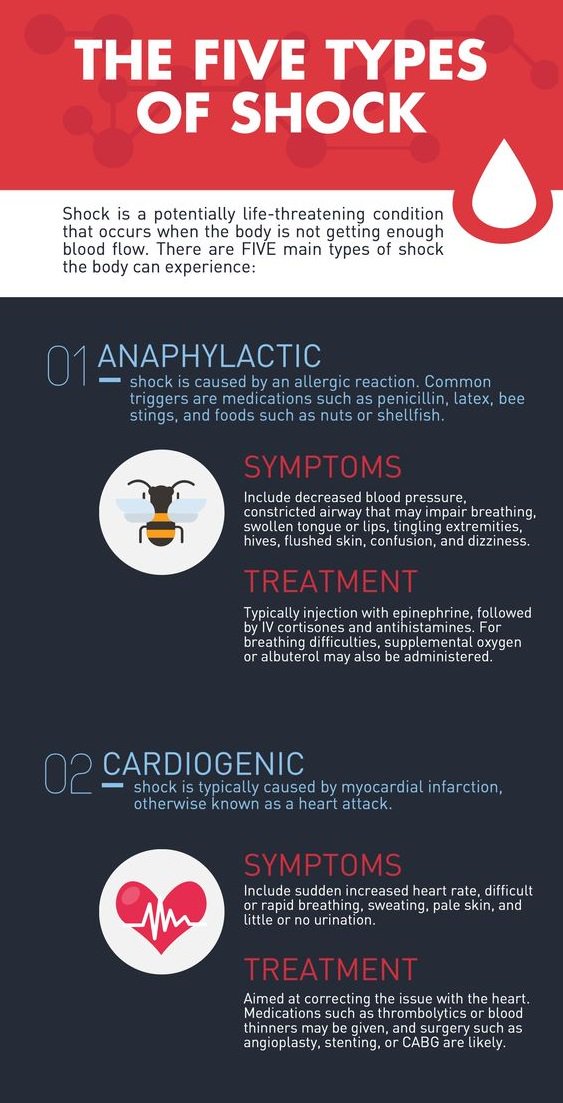
Alessio Fasano MD - Spectrum of Gluten-Related Disorders: People Shall Not Live by Bread Alone
The cultivation of gluten-containing grains that were the backbone of
the agricultural revolution have also brought with them the
manifestation of conditions related to negative reactions to gluten.
These include celiac disease, wheat allergy and the "new kid on the
block" of the spectrum of gluten-related disorders—gluten sensitivity.
The autoimmune disorder of celiac disease is the most widely studied
condition on the spectrum. It affects approximately 1 in 133 people, a
rate that has doubled in the U.S. every 15 years over the past 35 years.
An estimate from the Center for Celiac Research puts gluten sensitivity
at 6% of the U.S. population. With current interest in the human genome
and microbiome, research is leading scientists to examine the
relationship between the intestinal microbiome and gluten-related
disorders. Currently the gluten-free diet is the only available
treatment for gluten-related disorders.
World-renowned pediatric
gastroenterologist, research scientist, and entreprenuer Alessio Fasano,
M.D., founded the Center for Celiac Research in 1996. The Center offers
state-of-the art research, clinical expertise and teaching for the
diagnosis, treatment, and prevention of gluten-related disorders,
including celiac disease, wheat allergy, and gluten sensitivity. Trained
in Naples, Italy, as a pediatric gastroenterologist, Dr. Fasano was
recruited to the University of Maryland School of Medicine in 1993 and
founded its Division of Pediatric Gastroenterology and Nutrition.
Puzzled by the absence of children exhibiting symptoms of celiac disease
in the clinic, he resolved to uncover the mystery of missing American
"celiacs." His perseverance in the face of skepticism about celiac
disease in the U.S. eventually led to his publication of the
groundbreaking study in 2003 that established the rate of the autoimmune
disorder at one in 133 Americans.
In early 2013, Dr. Fasano was
appointed Division Chief of Pediatric Gastroenterology and Nutrition at
MassGeneral Hospital for Children. He brought the Center for Celiac
Research to Boston, where he heads the Mucosal Immunology and Biology
Research Center, based in Charlestown, and is Associate Chief for Basic,
Clinical and Translational Research for the Department of Pediatrics at
MassGeneral Hospital for Children. He is a Visiting Professor of
Pediatrics at Harvard Medical School.
Supplements for Intestinal Permeability (Leaky Gut) :
Prebiotics & Probiotics
- Arabinogalactan (Immune support)
- Saccharomyces boulardii
- Lactobacillus Sporogenes
- Lactobacillus acidophilus DDS - 1
The information provided in this website is for knowledge purposes only. It does not constitute medical advice.
Should you encounter any medical problem that you are unsure of, always consult your doctor or health care provider for assistance and medical advice.
